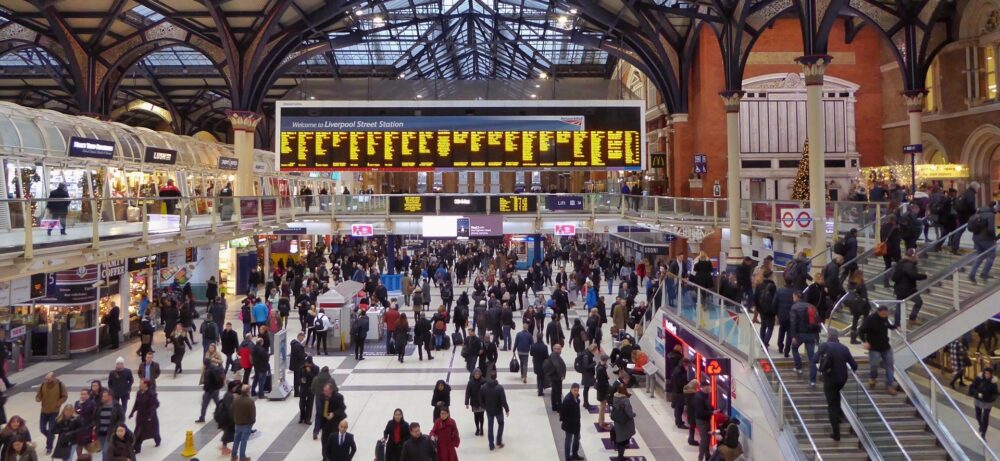

Last week the government finally released the findings from the much-delayed Williams’ review into UK rail as the Williams-Shapps white paper and the introduction of new flexible season tickets is warmly received by passengers.
It will be no surprise to anyone who has conducted any research with rail passengers in the past 20 years that the introduction of a carnet scheme holds appeal.
Whilst the paper itself begins the process of the creation of the new Great British Railways as a central body to oversee all aspects of the industry (and acts as a replacement to the franchising system that has operated since privitisation) the main immediate ‘give away’ for rail users was the announcement of the imminent introduction of flexible season tickets.
It will be no surprise to anyone who has conducted any research with rail passengers in the past 20 years that the introduction of a carnet scheme holds appeal (it has come up as a request in pretty much every focus group with rail passengers we have seen – regardless of the overall topic that was supposed to be being discussed). Research over the past weekend with 2,269 UK residents demonstrates the appeal, with over a third saying the introduction of these tickets (that allow travel on any eight days within a 28-day window) is more likely to make them travel by train. This reflects both the appeal of this type of ticketing and the general feeling within society that, in the short term at least, there is no rush to get back to the five-day commute. There is no question, therefore, that as a quick and easily accessible headline policy the introduction of these tickets does the job well in an industry where change can be slow and often difficult to communicate.
The detail of the white paper will take years to fully work through the system and for passengers to start to see the other benefits. Whilst just over half (55%) had heard or read something about the Government’s plans to restructure the rail industry and create GBR it had not been noticed by a third of people (33%).
Again, those who had heard or read something were largely positive towards the changes announced (60% being positive) whilst only 12% had a negative reaction (perhaps surprising given the fact that the proposals stop short of full nationalisation which many sources would have people believe was the desired outcome amongst the majority of the general public).
So, whilst it has taken a while to arrive, the public would appear to be giving the initial announcements over the future of the rail industry a cautious thumbs up. Hopefully, the opportunity will be taken to make the truly customer centric changes the industry needs, to make it far easier (and quicker) to introduce changes, such as flexible season tickets, that passengers are crying out for. The industry needs to understand its passengers much better, who they are, how they travel and what they want. The starting point for this needs to be much better data collection and usage, by initially looking at data from a customer perspective rather than a focus on rolling stock metrics. With one central body taking on responsibility now is the time for a centralisation of data and for the industry to really start to get to know who their passengers are.
Speak to Savanta
We take a consultative approach to market research with commercial focus driving everything we do. We have many years of experience working in the travel and transport sector and as such we have the necessary expertise to help you engage with your passengers.
To find out more please get in touch with one of the team at [email protected]








